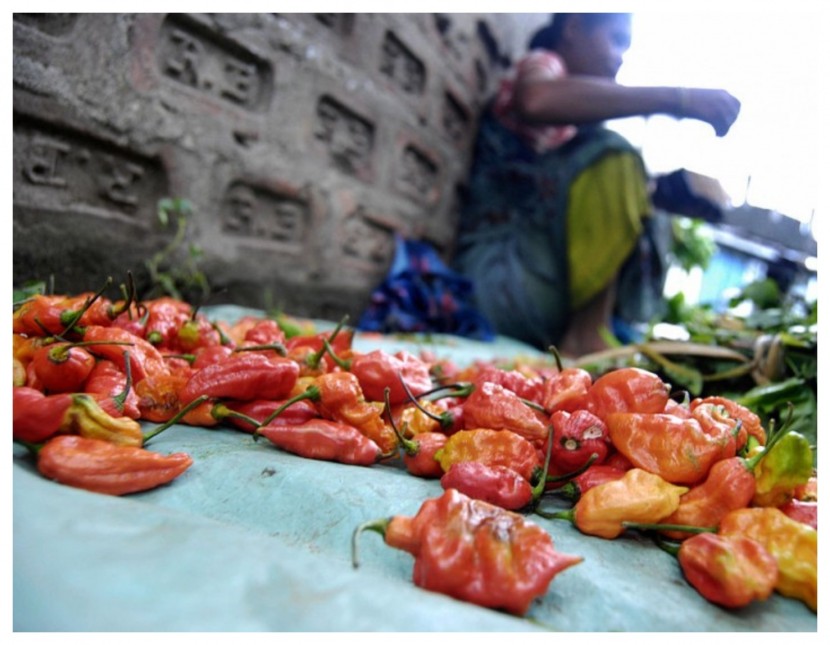
Fifteen Japanese high school students were sickened Tuesday after eating super-spicy potato chips labeled for adults only, according to reports.
The kids at Rokugo Koka High School in Tokyo all complained of nausea, mouth, and stomach pain, the Mainichi newspaper said.
Thirteen girls and one boy were sent to a local hospital for examination after school officials called the police around 1 p.m., the Asahi Shimbun newspaper said.
A student reportedly brought the snacks to school and 30 kids tried them during the morning.
The "18+ curry chips" are manufactured by Japan's Isoyama Corp., which said it "sincerely wishes for the swift recovery of those who have reported feeling unwell," the Mainichi said.
The company's website reportedly says the chips' ingredients include ghost peppers, which are hotter than habaneros.
The snack's package says the product is for "adults only."
The package also warns, "People aged under 18 should refrain from eating this product because it is too spicy" and "Not only people who are not good at spicy foods but also those who like spicy foods need to be cautious while eating this product."
Tuesday's incident came five days after the parents of a Massachusetts teen filed a lawsuit over his death last year after eating a spicy tortilla chip marketed as the "One Chip Challenge."
The product, which was promoted on social media and blamed for sickening teens across the country, was recalled days after Harris Wolobah, 15, died of cardiopulmonary arrest "in the setting of recent ingestion of food substance with high capsaicin concentration, according to the Associated Press.
Capsaicin is the compound that gives peppers their heat and Harris, of Worcester, had a congenital heart defect, creating what his parents' lawyer called a deadly "perfect storm."
The company that made the chips, Paqui, said, "We disagree with the allegations and will defend ourselves against the claims," according to USA Today.
© 2025 HNGN, All rights reserved. Do not reproduce without permission.








